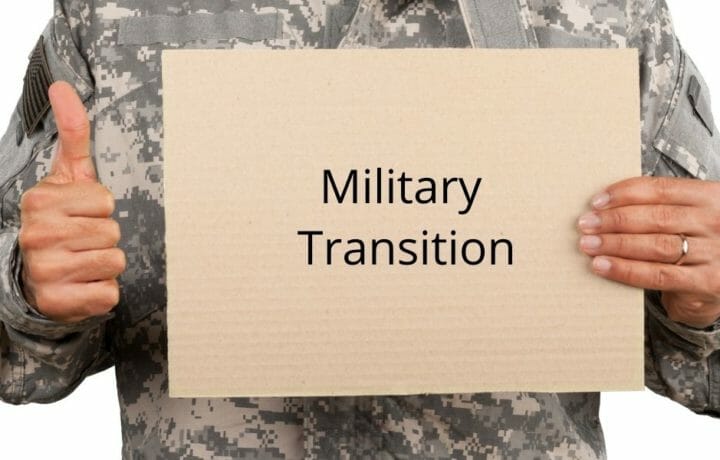For veterans transitioning out of the military today, there are more resources available than ever before. The military recently overhauled its transition program, moving away from the Transition Assistance Program (TAP) to the new Transition GPS. In addition, civilian companies, government agencies and nonprofits are all joining hands to offer career support to veterans through the Joining Forces initiative.
With so much advice and assistance out there, the problem today is often less about finding advice than knowing what works. That’s why ClearanceJobs went straight to the source, talking with veterans who had transitioned into civilian employment at this year’s Army Ten Miler. Here are their top six tips.
Use your post 9/11 GI Bill benefits.
One of the definite advantages of participating in Transition GPS is spending the time to get to know your GI Bill benefits. Veterans don’t just have to use the program to obtain a traditional college degree, but can pursue interests from flight school to licensing and vocational training.
Involve your family.
An Army of One doesn’t really work when it comes time to transition out of military service. If you’re married or have kids, in particular, it will be important everyone is on the same page, and has time to process the transition. For some families, leaving the military means leaving homes and friends behind. Include your entire family in planning your post military career steps.
Participate in mock interviews.
You may think that sitting down for an Officer Evaluation Record (OER) review or promotion board will prepare you for civilian interviews, but that’s not the case. And as much as reading articles may give you tips, it’s important to spend some time in a mock interview setting, as well. This training is typically included in official military transition programs, but it is also good to brush up again before each new in-person interview opportunity.
Learn to write a civilian resume.
From translating military terminology to the importance of details (ahem, spellcheck), it’s good to take advantage of a professional resume review when offered. Veterans who have spent a career in the military may be writing a resume for the first time. Even those in the National Guard or Reserve may need assistance reflecting their military service along with their civilian career.
Find the right transition advisor.
Retired Sgt. Major Phil Prater noted that he went through the transition program several times, and it wasn’t until his last time that he found a transition advisor who really made the difference. That individual attention can make all the difference in tweaking your resume and making sure you’re aware of the right opportunities.
Don’t screw up.
At the end of the day, this blunt advice you’re likely to get from your first sergeant isn’t all bad. In the initial days of a transition, it’s easy to fall into pitfalls, from building debt to bad behavior. These things won’t just keep you from landing a job, they could also put your clearance in jeopardy. It’s okay to take a break post military, especially if you’re attending school or a training program. But don’t fall completely off the career ladder – it may be harder to get back up after a long lull.



